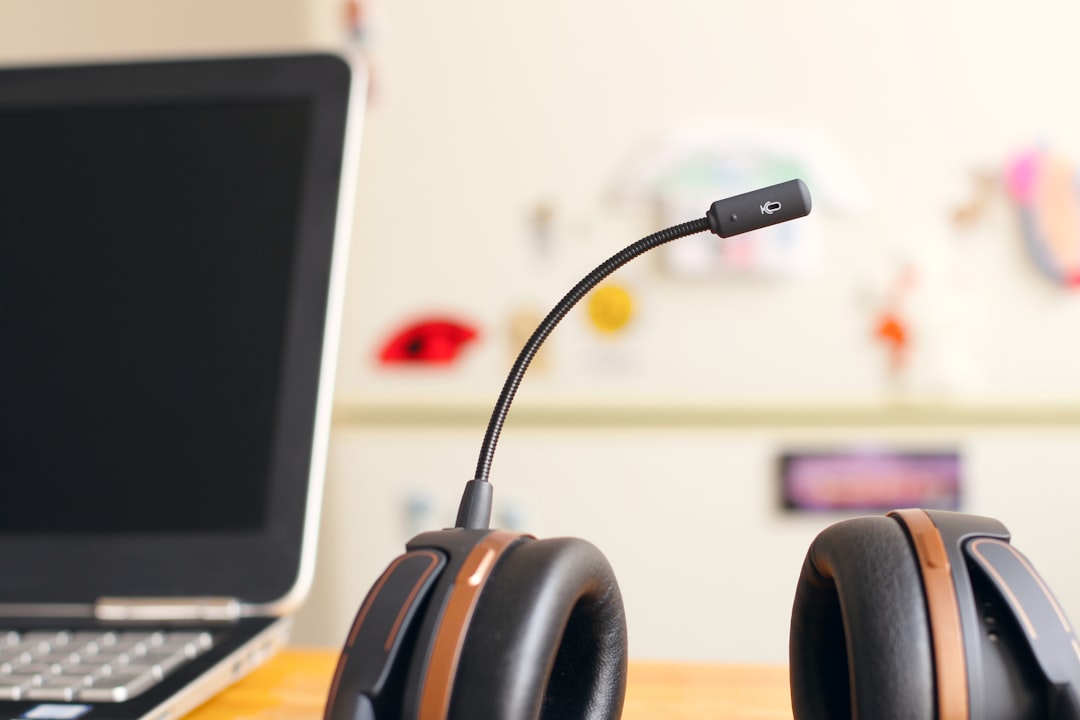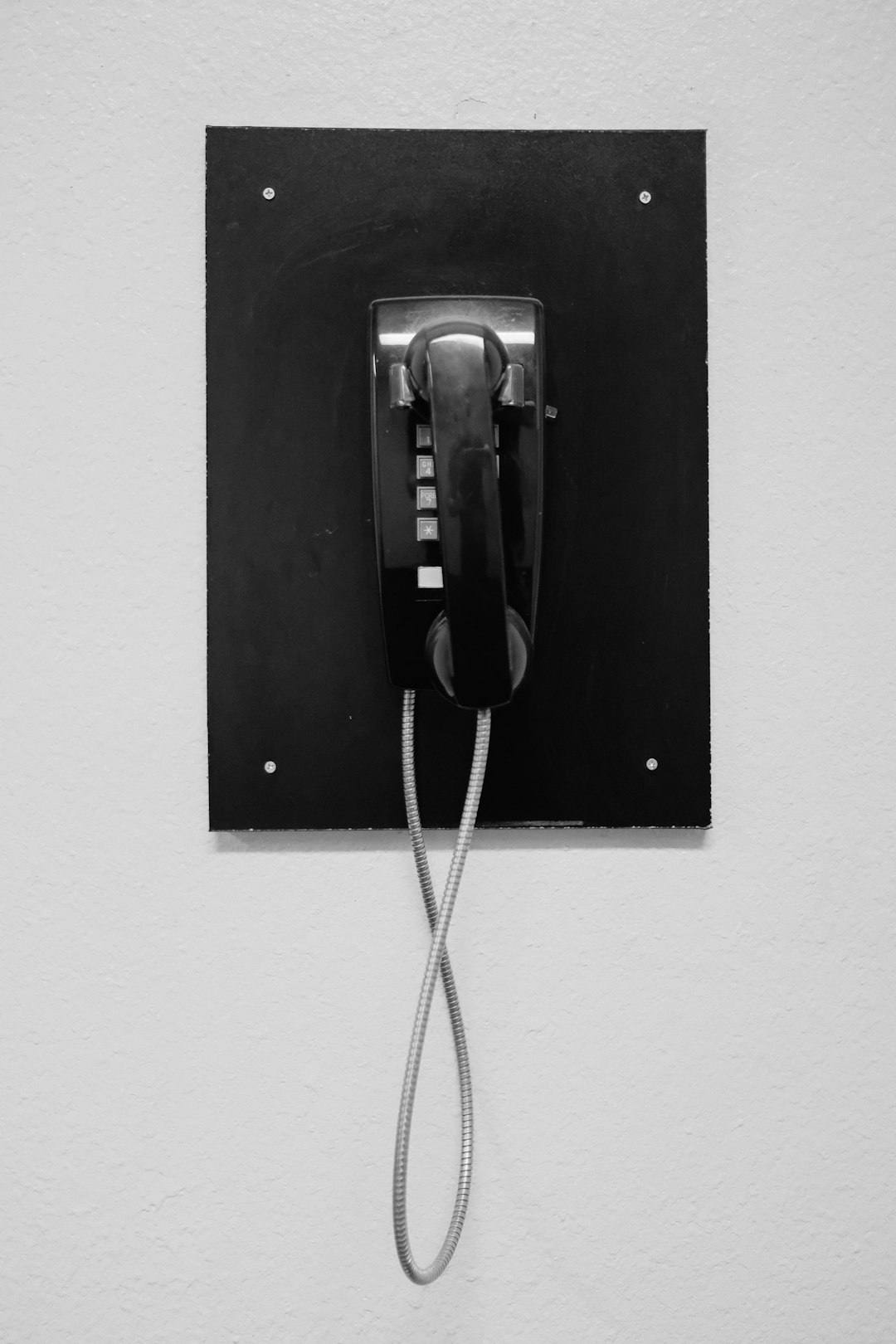Voice Recognition Technology (VRT) has transformed Michigan businesses through efficient data entry and customer service. However, its use is regulated under the Telephone Consumer Protection Act (TCPA) and state laws to protect user privacy. Companies in Lansing must consult autodialer attorneys to navigate TCPA compliance, especially for marketing purposes. These experts ensure legal protection, avoid penalties, and safeguard consumer data when implementing VRT or using autodialers for sales. Additionally, understanding IP law is vital for protecting voice-based technologies and innovations through copyright, trademark, and patent measures.
“Voice Recognition Technology: Legal Considerations for Lansing Businesses delves into the rapidly evolving landscape of voice-based services in Michigan. With the widespread adoption of auto dialer software, businesses must navigate a complex web of legal implications.
This article explores key areas such as consumer privacy protection, intellectual property rights, and compliance with state regulations. Understanding these legal considerations is crucial for Lansing area companies looking to leverage voice recognition technology while mitigating potential risks, guided by the expertise of autodialer attorneys in Michigan.”
Understanding Voice Recognition Technology in Michigan

Voice Recognition Technology (VRT) has transformed how businesses operate, offering efficient solutions for tasks like data entry and customer service interactions. In Michigan, as with many states, VRT is regulated to protect user privacy and prevent abusive practices. One notable aspect is its similarity to an autodialer, which requires compliance with the Telephone Consumer Protection Act (TCPA).
Michigan’s approach to VRT falls under the broader legal framework surrounding automation and artificial intelligence. Businesses in Lansing should be aware that using VRT for marketing purposes may require obtaining explicit consent from users, especially when collecting personal data. Engaging autodialer attorneys in Michigan can help businesses navigate these complex legal considerations, ensuring compliance and mitigating potential risks associated with implementing voice recognition technology.
Legal Implications for Businesses Using AutoDialer Software

Businesses in Lansing, Michigan, utilizing auto-dialer software for marketing or sales purposes must be aware of the legal implications surrounding their operations. Auto-dialers, which automate the process of making outgoing calls, are subject to specific regulations, particularly concerning consumer privacy and telemarketing practices. Non-compliance can lead to significant legal consequences, including financial penalties and damage to a company’s reputation.
In Michigan, the use of auto-dialers is regulated by state laws and federal guidelines, such as the Telephone Consumer Protection Act (TCPA). These regulations dictate how businesses can contact consumers via telephone, focusing on permission, opt-out options, and do-not-call lists. Auto-dialer attorneys in Michigan can guide companies through these complex legal landscapes, ensuring they understand their rights and responsibilities to avoid costly mistakes and maintain compliance with all applicable laws.
Protecting Consumer Privacy: Compliance and Regulations

Voice recognition technology offers significant benefits for businesses in Lansing, but it also raises critical concerns regarding consumer privacy. As more companies adopt this tech, ensuring compliance with relevant regulations becomes paramount. Michigan’s laws on autodialers and consumer data protection play a crucial role in safeguarding individuals’ privacy.
Business owners must understand that voice data is considered personal information under these regulations. This includes recordings of customer interactions and any data derived from speech recognition algorithms. Strict rules govern how such data can be collected, stored, and used. Non-compliance can lead to significant legal repercussions, including fines and damage to a company’s reputation. Engaging the expertise of autodialer attorneys in Michigan is essential to navigate this complex landscape and ensure that privacy protections are in place for both businesses and their customers.
Navigating Intellectual Property Rights in Voice-Based Services

Voice Recognition Technology has brought about a new era in user interaction, especially with virtual assistants and smart home devices. For Lansing businesses integrating voice-based services, understanding intellectual property (IP) rights is crucial. When developing or utilizing voice assistance tools, companies must consider copyright, trademark, and patent laws to protect their innovations and avoid potential legal pitfalls.
In the context of Michigan’s business landscape, autodialer attorneys can provide guidance on IP protection for voice-based applications. This includes ensuring that any recorded speech or unique algorithms are licensed appropriately, preventing unauthorized use by competitors. By proactively addressing these legal considerations, businesses can safeguard their innovative voice services, fostering a robust and competitive market in the state.






